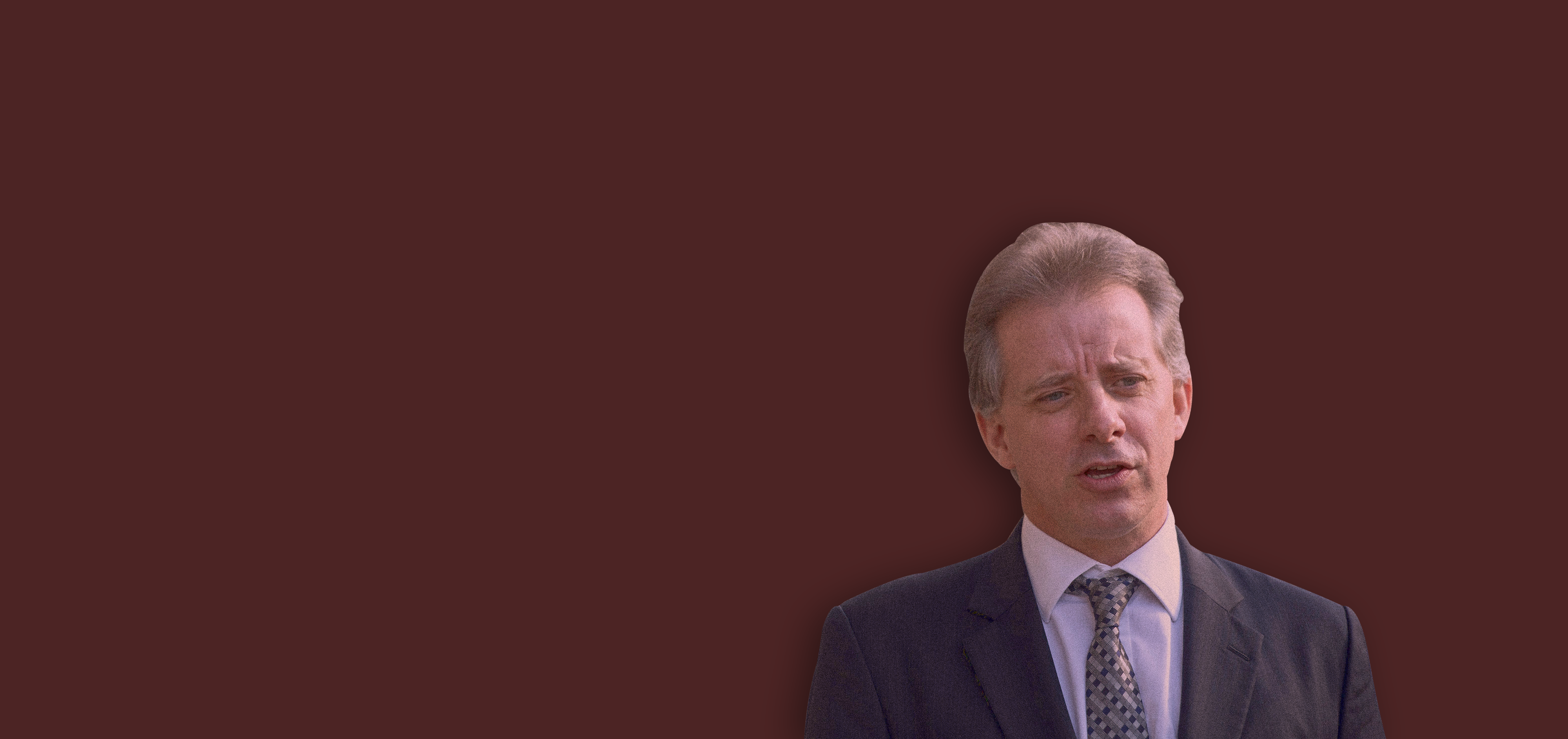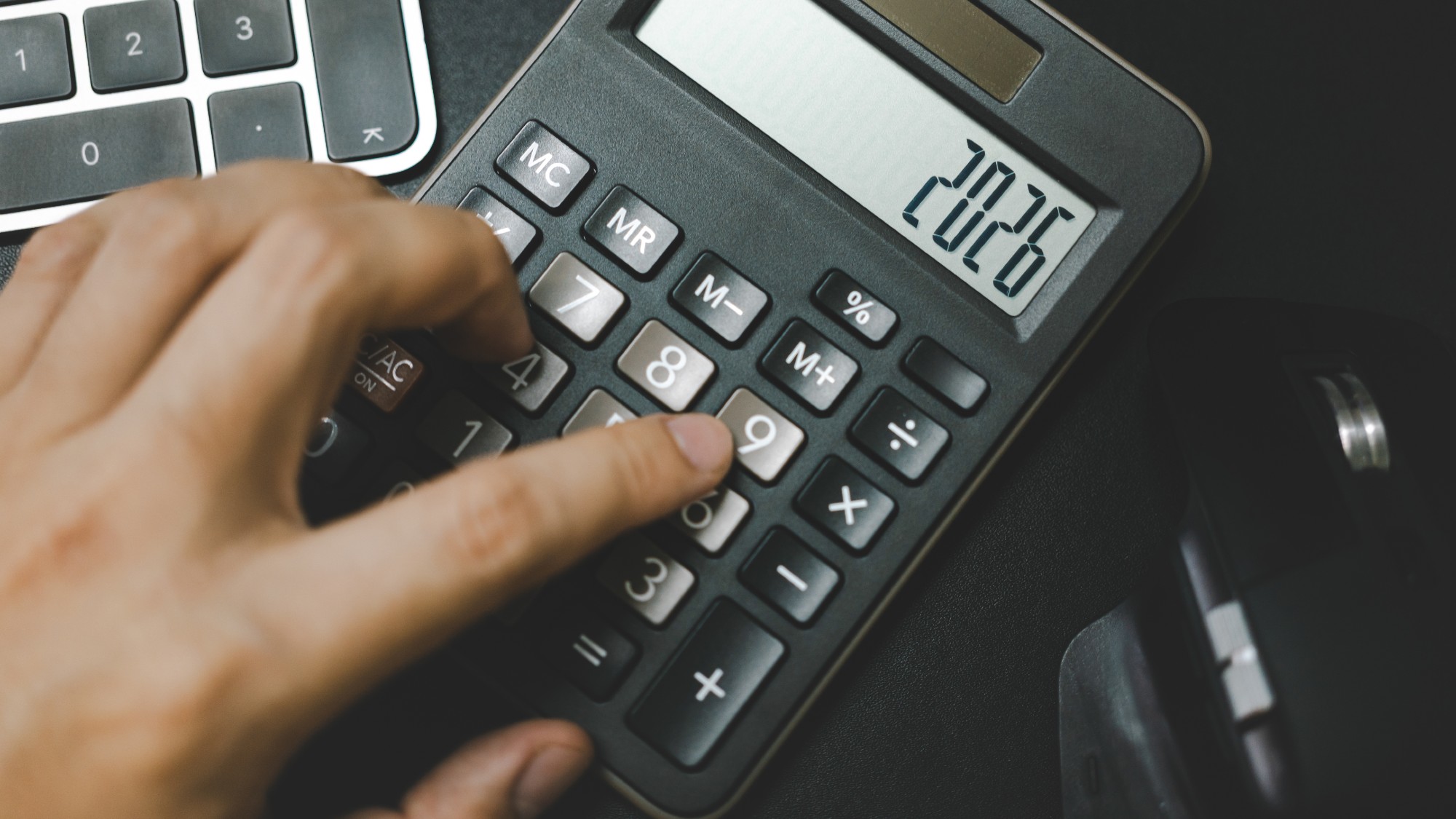The Steele dossier's explosive allegations, explained
What role is a controversial intelligence report playing in the Russia investigation?

What role is a controversial intelligence report playing in the Russia investigation? Here's everything you need to know:
What is the dossier?
Compiled by a former British spy in 2016, it is a 35-page research document alleging that Donald Trump and his campaign team cooperated with Russia's efforts to help Trump win the presidential election. The dossier claims Moscow "cultivated" the businessman for "at least five years," and that he and his aides showed "full knowledge and support" of Russia's leaking of hacked Democratic National Committee (DNC) emails. In return, the dossier alleges, the Trump campaign promised to "sideline Russian intervention in Ukraine as a campaign issue" and to drop Russian sanctions if they won the election. The document names three Trump associates — campaign manager Paul Manafort, foreign adviser Carter Page, and personal lawyer Michael Cohen — as having corresponded with or met Russian officials to discuss this plan. And it makes the explosive and totally unverified claim that Moscow is blackmailing Trump, partly through its possession of a "pee tape" — a covert video supposedly showing Russian prostitutes following Trump's instructions to urinate on a bed once slept in by the Obamas at the Moscow Ritz-Carlton. Trump has dismissed the dossier as a "pile of garbage."
The Week
Escape your echo chamber. Get the facts behind the news, plus analysis from multiple perspectives.

Sign up for The Week's Free Newsletters
From our morning news briefing to a weekly Good News Newsletter, get the best of The Week delivered directly to your inbox.
From our morning news briefing to a weekly Good News Newsletter, get the best of The Week delivered directly to your inbox.
Who financed it?
During the Republican primary, in 2015, the conservative Washington Free Beacon retained a D.C.-based research firm, Fusion GPS, to investigate Trump. Fusion's co-founder, former Wall Street Journal reporter Glenn Simpson, said what began as an "open-ended" examination of Trump's business record "evolved somewhat quickly into issues of his relationships to organized-crime figures." When the Free Beacon ceased its funding in spring 2016, a lawyer acting on behalf of Hillary Clinton's campaign and the DNC retained Fusion to continue its research. Simpson hired Christopher Steele, a former head of the Russia desk at MI6, Britain's foreign intelligence agency, to look into Trump's business relationships with Russia. Simpson described Steele — who was well-respected within the U.S. intelligence community — as a "Boy Scout" who "doesn't sell baloney."
What did Steele do?
He worked his Russian sources, including a "former top-level intelligence officer still active in the Kremlin" and a "senior Russian Foreign Ministry official." Steele sent Fusion his first memo on June 20, but says he was so alarmed by the possibility of Russian blackmail of a U.S. presidential candidate that he notified the FBI. Steele also briefed journalists from several news outlets about his research, but none chose to publish the unverified allegations; eventually, on Oct. 31, Mother Jones ran a story revealing the dossier's existence. After the election, Republican Sen. John McCain sent an emissary to the U.K. to pick up a copy, and then gave it to FBI Director James Comey. During the transition, intelligence officials briefed President Obama, congressional leaders, and President-elect Trump on the dossier's allegations. In January, BuzzFeed published the entire document online.
A free daily email with the biggest news stories of the day – and the best features from TheWeek.com
How much of it is true?
Special Counsel Robert Mueller's team has undoubtedly tried to find out, with unknown results. But publicly at least, most of the dossier's specific allegations remain unverified. Cohen published photos of his passport to prove he wasn't in Prague meeting Russian officials in August, as the dossier claims — though skeptics point out he did visit Italy in July and could have traveled within the EU to Prague for a secret Russian meeting without receiving a passport stamp. Page testified under oath that he hadn't met Igor Sechin, head of Rosneft, Russia's state oil company — but later admitted he had talked to other Rosneft officials. Many of the dossier's broader conclusions do appear accurate: There was a Russian effort to help Trump win the election; Trump associates did meet many Russian officials (see below); and in his first week in office, Trump reportedly did order his staff to look into relieving the sanctions — a move blocked by Congress. Steele has acknowledged that the dossier consisted of "raw" intelligence, which is bound to contain factual errors, but he still believes it is 70 to 90 percent accurate. "I've been dealing with [Russia] for 30 years," he says. "Why would I invent this stuff?"
Why are Republicans skeptical?
The president's defenders contend that since Democrats paid for Steele's dossier, it's politically motivated and tainted. They have speculated that the Obama administration and "Deep State" officials hostile to Trump used this "oppo research" to justify wiretaps of Trump officials and to launch the Russia investigation. In a leak that likely came from the FBI, The New York Times recently quoted sources saying that the investigation actually began because George Papadopoulos, a Trump foreign policy adviser, drunkenly told an Australian diplomat that Russia had hacked emails damaging to Hillary Clinton. Nonetheless, many GOP lawmakers have sought to discredit the dossier, and some even suggest Fusion was the victim of a Russian disinformation campaign. Simpson insists the truth is much simpler. "We threw a line in the water," he said, "and Moby Dick came back."
Meeting the Russians
A remarkable number of President Trump's aides and associates met with Russian officials during the campaign. In January 2016, with the race well underway, Trump's personal attorney, Michael Cohen, secretly reached out to the Kremlin to discuss a proposed Trump Tower in Moscow. George Papadopoulos met three people with links to the Kremlin — meetings he lied about to the FBI. Among those who had repeated meetings or calls with Sergey Kislyak, then Russia's ambassador to the U.S., were Michael Flynn, who would later become Trump's national security adviser; Trump's son-in-law, Jared Kushner; and Jeff Sessions, now attorney general. All three initially failed to disclose these contacts and later had to correct their disclosure statements. A Russian lawyer promising "dirt" on Hillary Clinton secured a meeting in Trump Tower with Kushner, Manafort, and Donald Trump Jr., the president's son. And during the transition, Blackwater founder Erik Prince secretly met a Kremlin-linked official in the Seychelles, in what was reportedly an attempt to establish a back channel between Trump and Moscow. This "pattern of surreptitious contacts," Fusion co-founder Glenn Simpson told senators, "supports the broad allegation of some sort of an undisclosed political or financial relationship" between Trump and Russia.
-
 Are pesticides making florists sick?
Are pesticides making florists sick?Under the Radar Shop-bought bouquets hide a cocktail of chemicals
-
 Will Trump’s 10% credit card rate limit actually help consumers?
Will Trump’s 10% credit card rate limit actually help consumers?Today's Big Question Banks say they would pull back on credit
-
 3 smart financial habits to incorporate in 2026
3 smart financial habits to incorporate in 2026the explainer Make your money work for you, instead of the other way around
-
 The billionaires’ wealth tax: a catastrophe for California?
The billionaires’ wealth tax: a catastrophe for California?Talking Point Peter Thiel and Larry Page preparing to change state residency
-
 Bari Weiss’ ‘60 Minutes’ scandal is about more than one report
Bari Weiss’ ‘60 Minutes’ scandal is about more than one reportIN THE SPOTLIGHT By blocking an approved segment on a controversial prison holding US deportees in El Salvador, the editor-in-chief of CBS News has become the main story
-
 Has Zohran Mamdani shown the Democrats how to win again?
Has Zohran Mamdani shown the Democrats how to win again?Today’s Big Question New York City mayoral election touted as victory for left-wing populists but moderate centrist wins elsewhere present more complex path for Democratic Party
-
 Millions turn out for anti-Trump ‘No Kings’ rallies
Millions turn out for anti-Trump ‘No Kings’ ralliesSpeed Read An estimated 7 million people participated, 2 million more than at the first ‘No Kings’ protest in June
-
 Ghislaine Maxwell: angling for a Trump pardon
Ghislaine Maxwell: angling for a Trump pardonTalking Point Convicted sex trafficker's testimony could shed new light on president's links to Jeffrey Epstein
-
 The last words and final moments of 40 presidents
The last words and final moments of 40 presidentsThe Explainer Some are eloquent quotes worthy of the holders of the highest office in the nation, and others... aren't
-
 The JFK files: the truth at last?
The JFK files: the truth at last?In The Spotlight More than 64,000 previously classified documents relating the 1963 assassination of John F. Kennedy have been released by the Trump administration
-
 'Seriously, not literally': how should the world take Donald Trump?
'Seriously, not literally': how should the world take Donald Trump?Today's big question White House rhetoric and reality look likely to become increasingly blurred